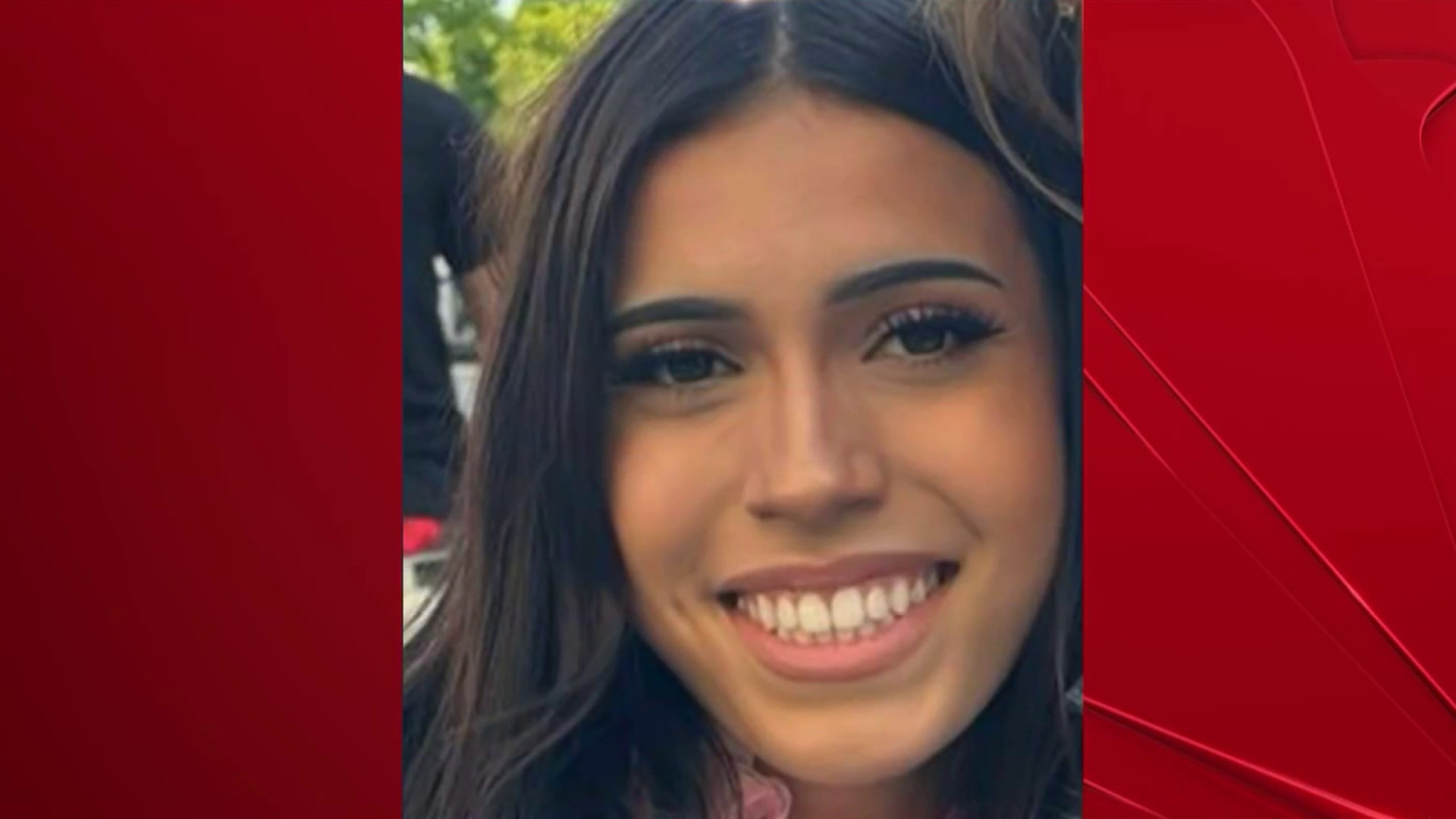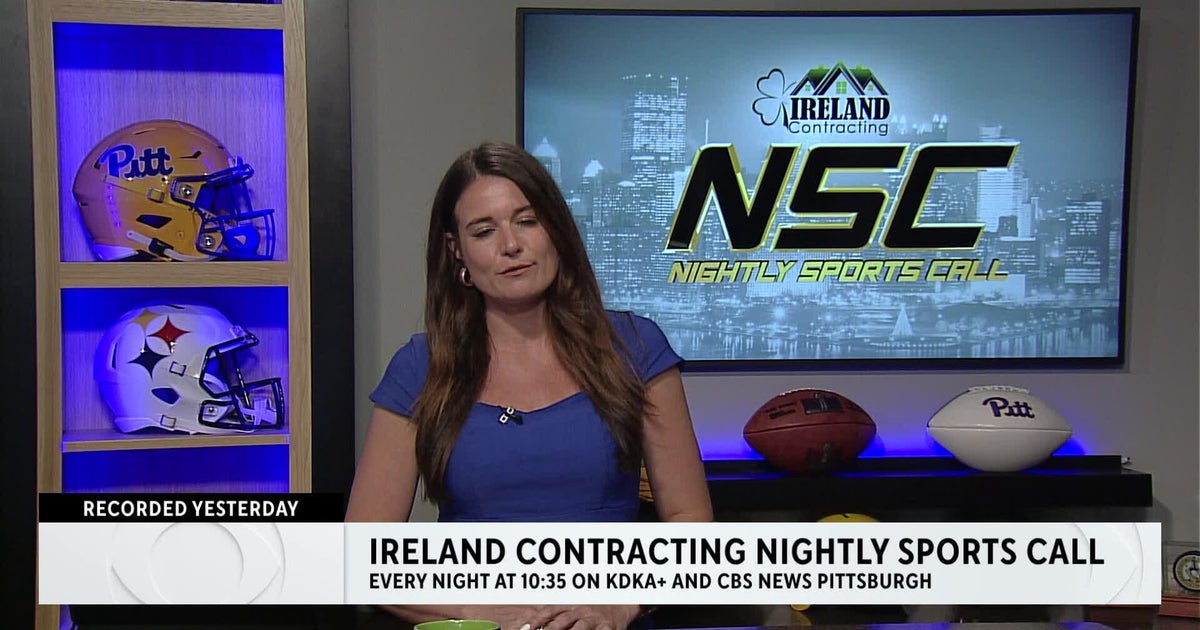Sports betting in California has been illegal since 1909, when the state enacted Penal Code section 337 which, among other things, made wagering on games of chance — including sporting events — off-limits.
However, that hasn’t stopped residents of the Golden State from getting in on the action. A 2024 California Health Interview survey from UCLA found that 25% of adults in the state gambled on sports.
“People in California still love their sports, still love to back up those opinions up with money,” says Geoff Zochodne, Sports Betting Journalist at Covers.com. “So, what has sort of stood in for that is daily fantasy sports. They're not necessarily regulated and authorized by the state, but they are operating in this kind of legal gray area.”
On the two sides of the debate are the California Nations Indian Gaming Association (CNIGA) and the Coalition for Fantasy Sports, which represents online betting entities like Underdog and FanDuel. CNIGA says daily fantasy sports (DFS) are another form of traditional sports betting and want to keep all forms of gambling on tribal lands. The online lobby says DFS, where people are wagering on performances by individual players or drafting their own mini fantasy teams, are games of skill and therefore don’t violate state law.
California Attorney General Rob Bonta has erased the gray area. Responding to a request from lawmakers, Bonta recently released a legal opinion officially outlawing all online DFS in California. In the 33-page opinion, the Attorney General’s office refutes the assertion that DFS are games of skill, formally defining them as illegal in the state.
So, what happens now? For the moment, nothing. The Attorney General’s office says it expects the online companies to come into compliance but invoking any specific enforcement actions would be premature, telling NBC 7 in a statement:
“In issuing this legal opinion, the department was tasked with describing existing law. The department doesn’t have the authority to make new law or change the law. Only the legislature and the voters of California can decide whether to change the law.”
Which brings us back to 2022. You may recall both the tribes and online companies put propositions on the ballot seeking to legalize sports betting in California, then engaged in a series of attack ads, turning off voters who soundly defeated both. This time around, the hope among industry insiders is that they can find a way to work together.
“Things have changed since 2022,” Zochodne said. “You've seen the big online sports betting companies recognize that what they did in 2022 really offended the tribes. Everyone has to get comfortable with each other, and everyone's working on that. You see executives from DraftKings or FanDuel showing up at tribal gaming shows, sitting on panels, giving a mea culpa, saying, 'Yeah, you know, we might we kind of screwed up there.' ”
If the two foes can find a way to coexist, there is A LOT of money to be made. The most common comparison to what we might expect in California is made with New York.
“They put in a 51% tax rate on online sports betting revenue, which is at the high end of what any state does, and it's been very lucrative for the state,” Zochodne said.
New York’s mobile sports betting system launched in January 2022. In April 2025 the state announced it had topped the $3 billion mark in revenues. The operators accept such a massive tax rate because of the power of the market, which works in California’s favor.
“If it was in New York, if it wasn't that population, some of them might just not put up with it, but it is New York, and it is that population, and the same thing would probably go for California, where the market is so large and the opportunity so big that I could see them willing to put up with a lot there,” Zochodne said.
Just how much are we talking here? Some industry experts say California could generate up to $3 billion a year.
“That seems like it could potentially be low, depending on how it’s all structured,” Zochodne said.
However, Zochodne warns there is still a lot of healing that needs to be done, so a solution may take a while to materialize.
“I think what Californians need to know is that it's going to take time, because of all the political happenings and money that was spent in 2022 to try to get to a solution," Zochodne said. "I think, ultimately, they're going to get there.”







 English (US) ·
English (US) ·